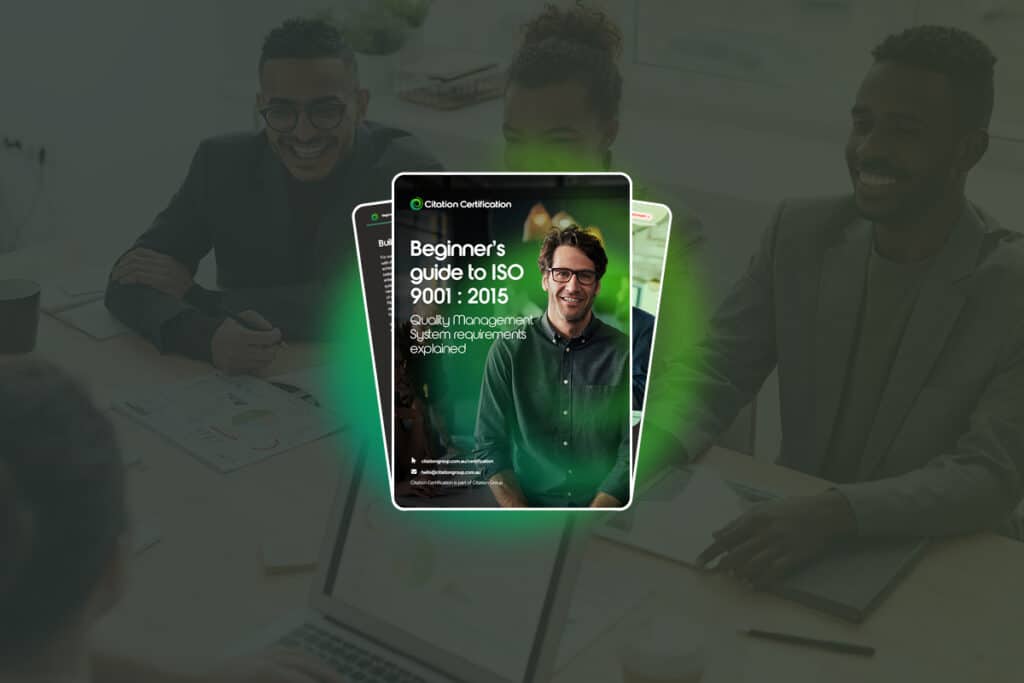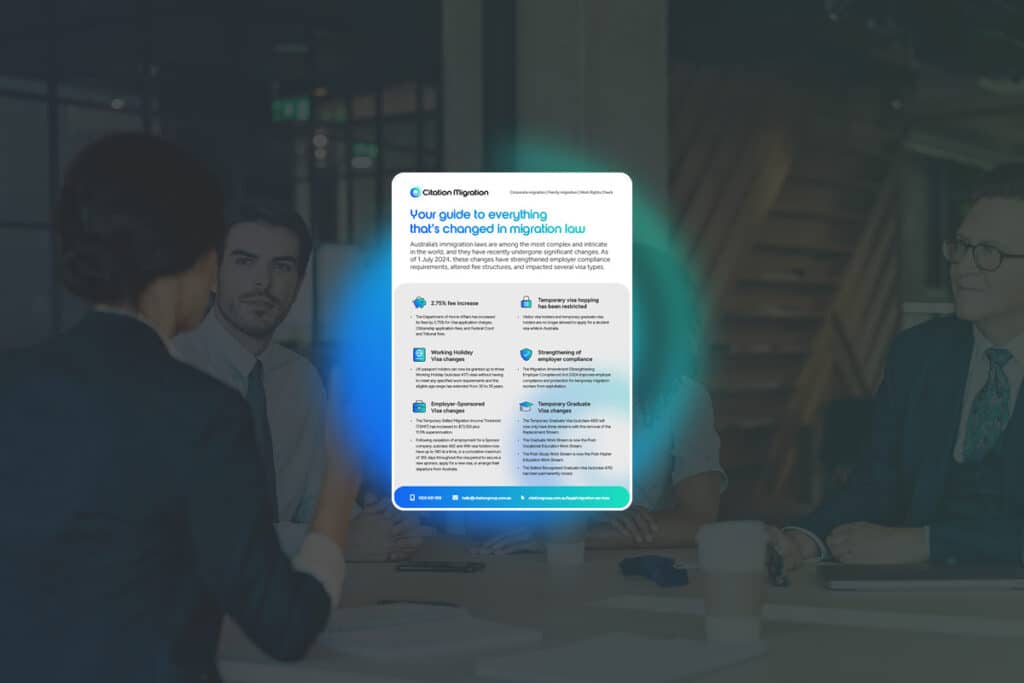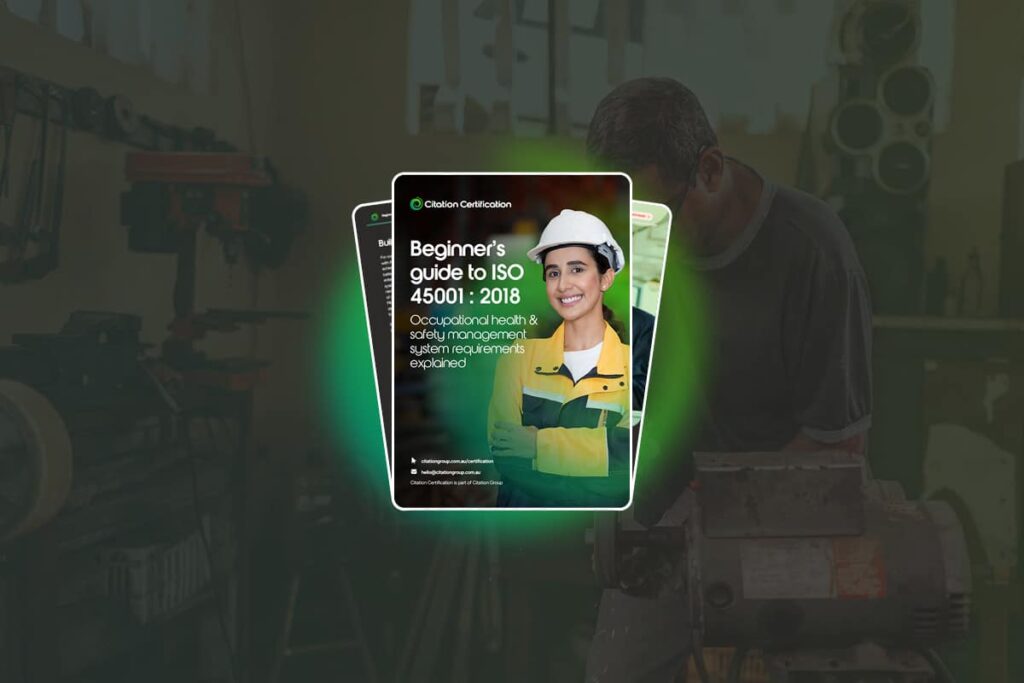
The Australian Government legislated and introduced the Commonwealth Paid Parental Leave Scheme (Scheme) in 2011, and now more than a decade later, the Federal Government has again decided the times right to commence an overhaul of the system bringing it up to date with today’s workforce.
Offered by the Commonwealth through Services Australia, this Scheme is accessible to working parents who satisfy the income test and the work test and need to take time off work following the birth or adoption of their child.
Here, we explain what the Paid Parental Leave Scheme is and how proposed legislative changes may impact businesses.
The history of this leave entitlement: how did we get here?
Since its introduction, there have been staggered changes made to the Scheme shaping it into the system it is today.
Entitlement before 1 July 2023:
If the birth of a child or entry of care is before 1 July 2023, you may be able to claim up to 18 weeks of ‘Parental Leave Pay’ and two weeks of ‘Dad and Partner pay’.
Entitlement after 1 July 2023 but before 1 July 2024:
Since 1 July 2023, ‘Parental Leave Pay’ and ‘Dad and Partner Pay’ have been combined. Therefore, families can access up to 20 weeks of Parental Leave Pay.
This encourages both parents to utilise the entitlement and, in doing so, provides them with greater flexibility. There’s more wiggle room for parents to share who’ll manage and care for the child and, therefore, to determine when and how they’ll return to the workforce.
Despite this new entitlement absorbing the two weeks of ‘Dad and Partner Pay’, single parents can access all 20 weeks of Parental Leave Pay.
Proposed entitlement from 1 July 2024:
The Paid Parental Leave Amendment (More Support for Working Families) Bill 2023 (Bill) amends the Paid Parental Leave Act 2010 to increase the maximum period of flexible paid parental leave by two weeks each year from 1 July 2024 to 26 weeks from 1 July 2026. Other changes arising from the Bill include:
- from July 2026, a total of four weeks will be reserved for each parent in a couple on a ‘use it or lose it’ basis to help encourage greater sharing of care responsibilities; and
- parents able to take four weeks of parental leave simultaneously to help support parents to take time off work together after the birth of a child.
Shared parenting will allow families to adjust with, support, and encourage one another throughout the steep learning curve that may follow the child’s birth or entry of care. With both parents helping to alleviate the stress and pressure associated with parenting, it’s much more likely to have positive effects on their mental and physical well-being from a personal and household perspective.
The changes arising from the Bill will no doubt have several positive effects for Australian parents including:
- Support for both parents throughout their new and exciting chapter without worrying about detracting from their professional objectives or career aspirations.
- The opportunity to be present for the child’s early development.
Superannuation and Paid Parental Leave belong together; the Government says yes
After more than a decade of campaigning to win equal retirement outcomes for women, the Albanese Government announced in early March 2024, that from 1 July 2025, the Federal Government will pay 12 per cent superannuation on top of Commonwealth Paid Parental Leave to those taking the leave entitlement.
Commonwealth Paid Parental Leave recipients are much more likely to be women with more than 180,000 women receiving this entitlement annually. This historic step forward will rectify a long-standing inequity that has cost and continues to cost women thousands of dollars in invaluable retirement savings.
About our author
Carla Novacevski is a Workplace Relations Advisor based at Citation HR’s Melbourne Office. In her role, Carla tends to client queries via the 24/7 HR Advice Line. She is currently completing a Bachelor of Commerce and Law, majoring in Accounting, and is passionate about expanding her knowledge through a variety of placements in multiple areas of law.








